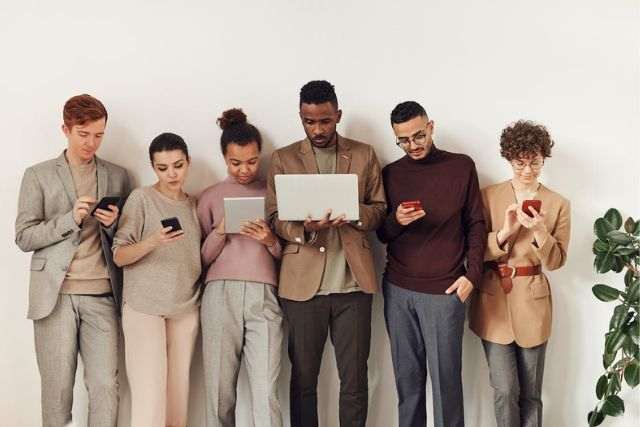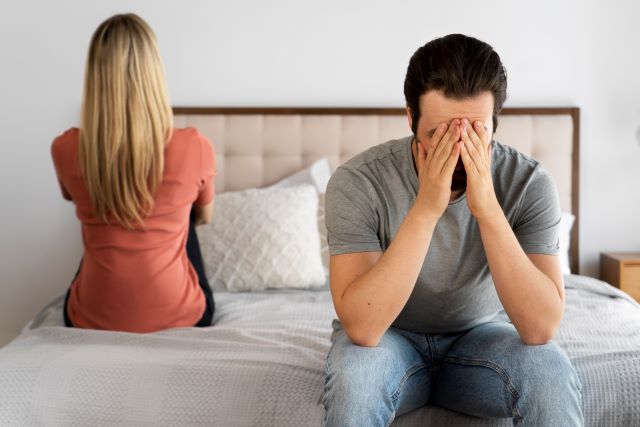These days, media channels are becoming more diverse and innovative. Information and communication technologies and their discoveries provide media with environmental strengthening. Digital developments nearly correspond with global societal changes displayed through updating social values and interpersonal communication models. The main question is how social media impacts the youth. Our young generation faces a massive stream of information on the internet. This is partially deposited in the mind and can influence the formation of young people’s attitude to different aspects of life, their worldwide and the ability to socialize. Here, we discuss the impact of social media on youth.
Positive Impact of Social Media on Youth:
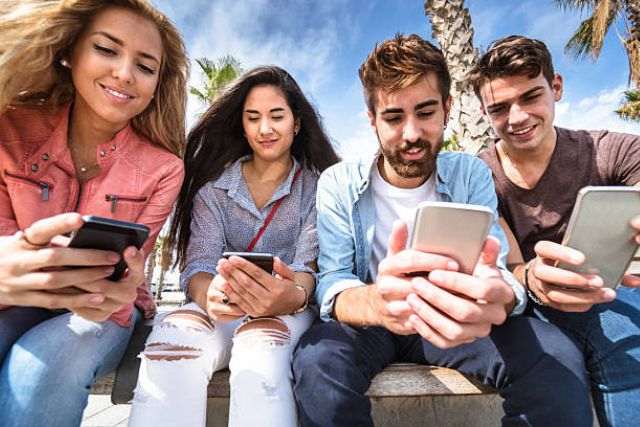
Social media has some positive impacts on youth. It affects the young person’s mental health positively. Social media is used to connect people and spread information: the internet connects different civilizations and the cultures of different countries. Users also perceive the online group of interest as a place to interact with its other members. A community can also be a safe place to express ideas if it’s duly structured.
Young people feel more comfortable and relaxed online than in real life; they can have opinions on various topics without being judged and compared. Social media allows the youth to keep in touch with friends and relatives. People have new online platforms, chances for interaction and information exchange, and fascinating and accelerating socialization.
Negative Impacts:
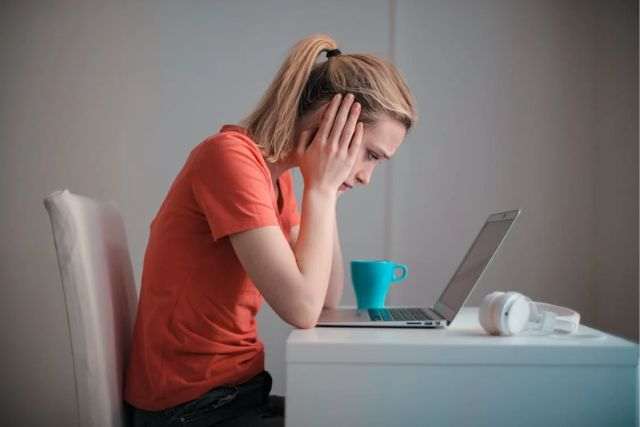
Despite some positive impacts of social media on youth, several adverse outcomes are caused by imbalanced social media usage. Young people with insufficient interpersonal experience and difficulties in live communication perceive the network as more convenient. However, overuse of the network can be addictive, leading to depression. People who spend much time on social media consider online communication fortunate but restrained in communicative effectiveness.
Need of Social Media:
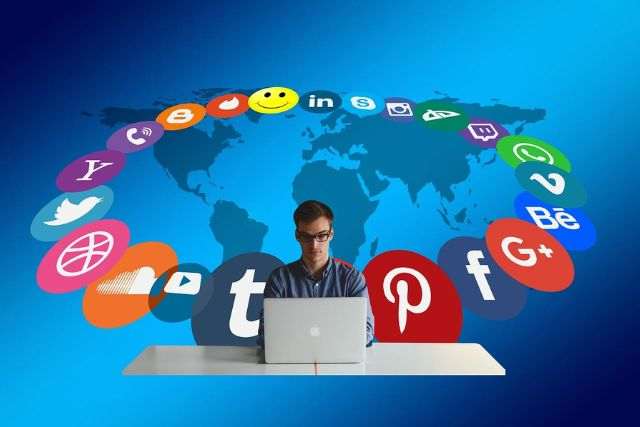
Social media has grown in popularity and growth over the last two decades to the point where many researchers are now interested in understanding more about these social platforms and their effects on the community. Technology breakthroughs are pushing people to choose alternative lives. Even though almost everyone in the community has access to at least one social media platform, youth, and teenagers are the most passionate and active users of these platforms.
Managing Risks and Finding Solutions:
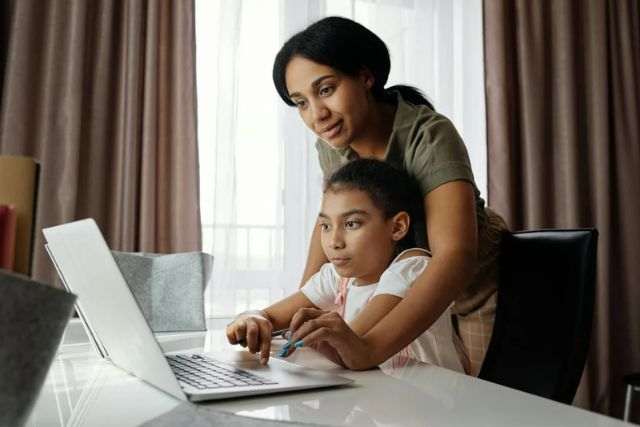
While policymakers and technology have much work to do to manage the risks of social media use among young people, parents can also take some steps to reduce the negative impact of social media on youth.
Creating tech-free zones and encouraging in-person relationships:
This can include restricting screens like phones and tablets 1 hour before bed and keeping times like family meals device-free.
Family Media Plan:
Agreeing expectations can help to establish healthy technology within the home.
Behaviour:
This can include parents limiting their social media use and being mindful of their online habits.
Early Responsibility Online:
Discuss social media’s positive and negative impact of social media on youth and encourage them to respect privacy and protect personal information age-appropriately.
Guidelines for Balance:
Help balance online and offline activities by setting limits before bed and during in-person occasions.
Take Care When Sharing:
Choose carefully what you post and consider whether you want to share it on any platform.
Physical Activities Vs Social Media:

Several recent studies have shown that high levels of social media use can negatively impact physical health and the well-known impacts on psychological functioning. Yet the relationship between social media use and health is complex. Combatting this potential negative impact on people’s physical well-being is not just as simple as telling them to go and do something more sensible. If you spend 30 minutes less on social media and engage in physical activity instead, you do a lot to improve your mental health.
A study conducted by a team of mental health researchers and treatments reveals that following this advice for two weeks can lead to increased happiness, satisfaction, and reduced stress levels. On the other hand, using too much social media will lead to inactivity, an underlying cause of unhealthy weight gain. This becomes dangerous for your health because it increases your risk factors for cardiovascular disease and diabetes.
Mus Read: Healthy Food For Weight Loss
Impact Of Social Media On Students:
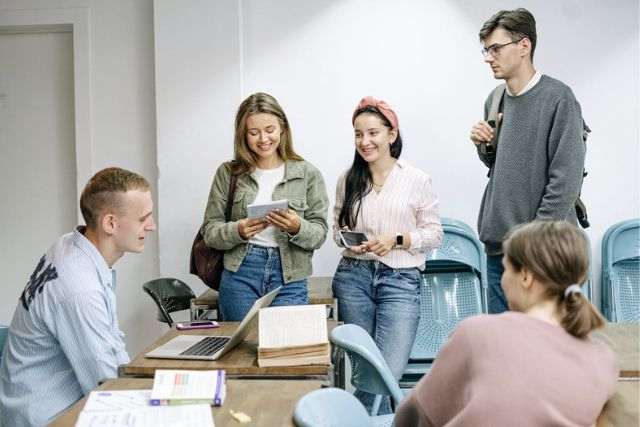
Furthermore, Social media maintains connections and is helpful for students in their studies. In today’s world, social media has become essential in all areas of study, as online classes enable students to continue their education during the COVID-19 pandemic. But it also has some negative impacts on students. The psychological effects of social media on students’ lives need to be studied in more depth to see whether social media acts as social media support for students and whether students can use social media to cope with negative emotions and develop positive feelings.
In other words, positive use of social media can lead students to bridge the gap between its alleged promises and what it offers students regarding self-concept, self-respect, social role, and coping strategies.
Conclusion:
This discussion is about social media’s positive and negative impact on youth. Finally, here comes the conclusion that we should take advantage of the positive impacts and take away from the opposing sides as much as possible. We also discuss solutions that can reduce the negative impact of social media on youth.
For more interesting topic and ideas please check our website Ballet Home

